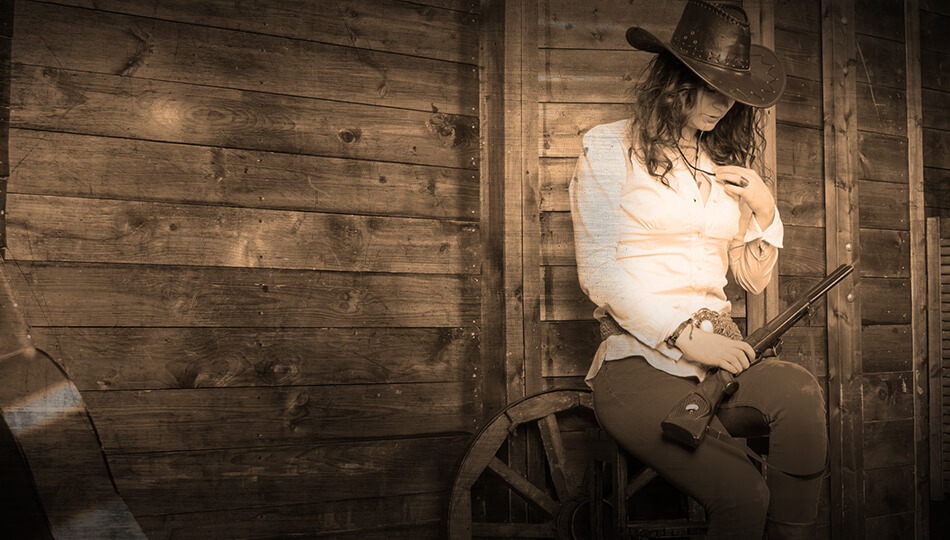
Whether or not deadly force is justified can depend on where you are standing when deadly force is used. Given the uncertainty in the law surrounding when you are justified in using deadly force, it is important to understand what is certain in the way New Mexico has adopted the legal principles found in the “Castle Doctrine” and the “Stand Your Ground” Doctrine.
Deadly Force in New Mexico
While the term “Castle Doctrine” is not mentioned in New Mexico law, the principal of the Doctrine is present. The Castle Doctrine in New Mexico justifies the use of deadly force in the situation where:
- The place where the killing occurred was being used as the defendant’s habitation;
- It appeared to the defendant that the commission of the violent felony was immediately at hand and that it was necessary to kill the intruder to prevent the commission of the violent felony; and
- A reasonable person in the same circumstances as the defendant would have acted the same way the defendant did.
Note that all the above conditions must exist to have this legal defense work in court. Even then, it is a question of fact for the jury to decide at trial. This means you can be charged with a crime and must convince a jury that you used deadly force, but you were legally justified in doing so.
So, What is a “Castle” Anyway?
The Doctrine in New Mexico defines the proverbial castle as a habitation (sometimes referred to in the law as a “dwelling”). Whether the area you are defending is your habitation is a question of fact for the jury to decide and is considered on a case-by-case basis. The place you typically reside in and customarily think of as your home will almost always be considered your habitation for these purposes. However, a habitation is not just limited to a single-family home. For example, New Mexico courts have found that a person sleeping on a cot in a drug store they owned was in a habitation.
This leads to the question of what happens if you are not in your habitation and are faced with a dangerous situation; do you have to run away? This question can be answered by the doctrine of law often known as the “duty to retreat doctrine” or “Stand Your Ground laws.” Stand Your Ground laws are similar to the Castle Doctrine in the fact that the words “Stand Your Ground” are not found in the New Mexico Statutes and whether or not they are applicable is a question of fact for the jury to decide.
No Duty to Retreat
The law states that there is no duty to retreat and deadly force is justified so long as you have a legal right to be in the place where deadly force is used; there was an appearance of immediate danger of death or great bodily harm to you; you are in fact put in fear by the apparent danger of immediate death or great bodily harm; and you acted because of that fear and a reasonable person in the same circumstances as you would have acted as you did. Again, all of these elements must be found to have existed by a jury.
It is crucial that you consult with an attorney immediately after you are involved in an incident in which a firearm is used, even if not discharged. The words you use in those first few minutes can be the difference between being convicted of a crime and not even being charged with one. If you have any questions, contact U.S. LawShield and ask to speak to your Independent Program Attorney.
The preceding should not be construed as legal advice nor the creation of an attorney-client relationship. This is not an endorsement or solicitation for any service. Your situation may be different, so please contact your attorney regarding your specific circumstances. Because the laws, judges, juries, and prosecutors vary from location to location, similar or even identical facts and circumstances to those described in this presentation may result in significantly different legal outcomes. This presentation is by no means a guarantee or promise of any particular legal outcome, positive, negative, or otherwise.





Leave A Comment